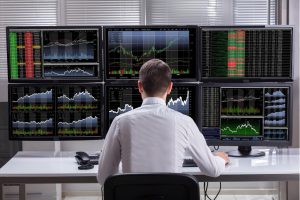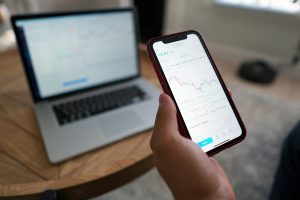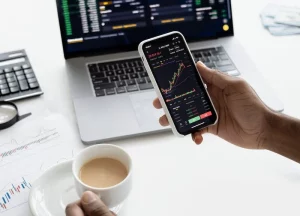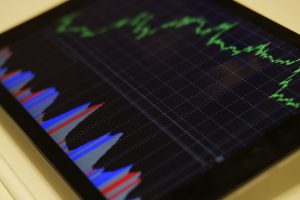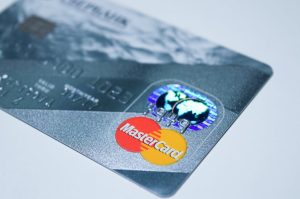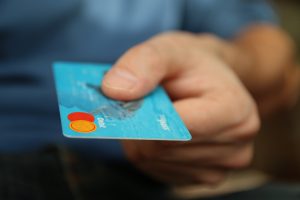Banks are among the top list of companies looking for forex traders and landing yourself a job in such an industry requires that you’re a professional forex trader since you will be working with the bank.
Becoming a forex trader for a bank can be an exciting and rewarding career path. Working in the foreign exchange market requires a solid understanding of global economics, and financial markets, and excellent analytical skills. This guide will provide you with a step-by-step roadmap on how to become a forex trader for a bank.
1. Acquire a solid educational foundation
To excel in forex trading, it’s essential to have a strong educational background. Consider pursuing a degree in finance, economics, business, or a related field. Focus on courses that cover topics such as financial markets, international finance, econometrics, and statistics. While a formal education is not a strict requirement, it can provide a solid foundation of knowledge and enhance your credibility.
2. Gain relevant work experience
To increase your chances of getting hired by a bank as a forex trader, gaining relevant work experience is crucial. Look for internships, entry-level positions, or trainee programs in financial institutions, investment banks, or brokerage firms. These opportunities will help you understand how the financial industry operates, expose you to trading platforms, and allow you to develop your skills.
3. Develop strong analytical and technical skills
Forex trading requires a keen understanding of market analysis and technical indicators. To sharpen your analytical skills, study different trading strategies, learn about fundamental and technical analysis, and practice interpreting economic data releases. Familiarize yourself with charting software and trading platforms commonly used in the forex market.
4. Obtain relevant certifications
Certifications can enhance your credibility and demonstrate your commitment to the field. Consider obtaining relevant certifications such as the Chartered Financial Analyst (CFA), Financial Risk Manager (FRM), or Forex Certified Trader (FCT). These certifications will validate your knowledge and skills, making you a more competitive candidate when applying for forex trader positions.
5. Build a strong network
Networking is a crucial aspect of any career, including forex trading. Attend industry conferences, seminars, and networking events to meet professionals working in the forex trading industry. Join online communities, participate in trading forums, and connect with individuals through social media platforms like LinkedIn. Building relationships with professionals can provide valuable insights, mentorship, and potential job opportunities.
6. Master risk management
Risk management is a fundamental skill for any forex trader. Develop a solid understanding of risk management techniques such as setting stop-loss orders, managing leverage, and maintaining a diversified portfolio. Banks prioritize candidates who can demonstrate an ability to manage risk effectively while maximizing returns.
7. Stay informed and continuously educate yourself
The forex market is constantly evolving, and staying informed about the latest trends, economic indicators, and geopolitical events is essential. Read financial news, follow influential economists, and subscribe to reputable market research reports. Continuously educate yourself by attending webinars, workshops, and advanced trading courses to refine your skills and adapt to changing market conditions.
8. Apply for Forex trader positions
Once you have acquired the necessary knowledge, skills, and experience, it’s time to start applying for forex trader positions in banks. Research banks that have forex trading desks, and tailor your resume to highlight relevant experiences and qualifications. Be prepared for interviews that may include technical questions, case studies, and simulations to assess your trading abilities.
9. Demonstrate your value and learn from experience
Once you secure a position as a forex trader, focus on delivering results and continuously improving your trading skills. Be proactive, seek feedback from mentors and colleagues, and learn from your successes and failures. As you gain experience, explore opportunities for specialization within forex trading, such as emerging markets or specific currency pairs, to further enhance your expertise.
Conclusion:
Becoming a forex trader for a bank requires a combination of education, experience, analytical skills, and a strong network. Follow this comprehensive guide, invest in continuous learning, and remain persistent. Remember, success in forex trading takes time and practice. Stay disciplined, manage risks effectively, and always strive to improve your trading abilities.

